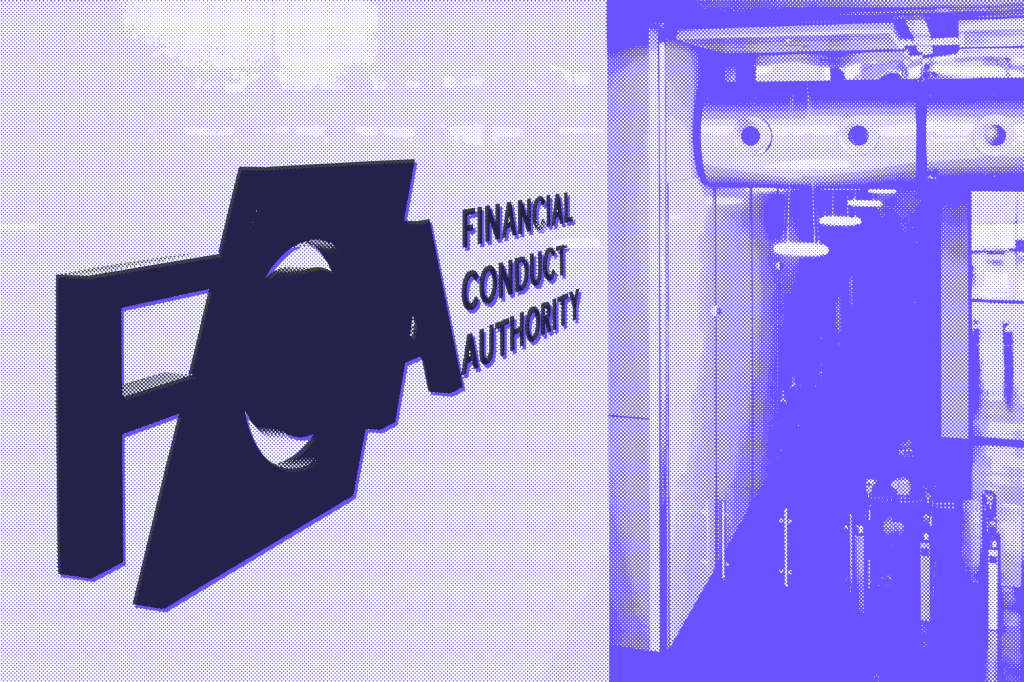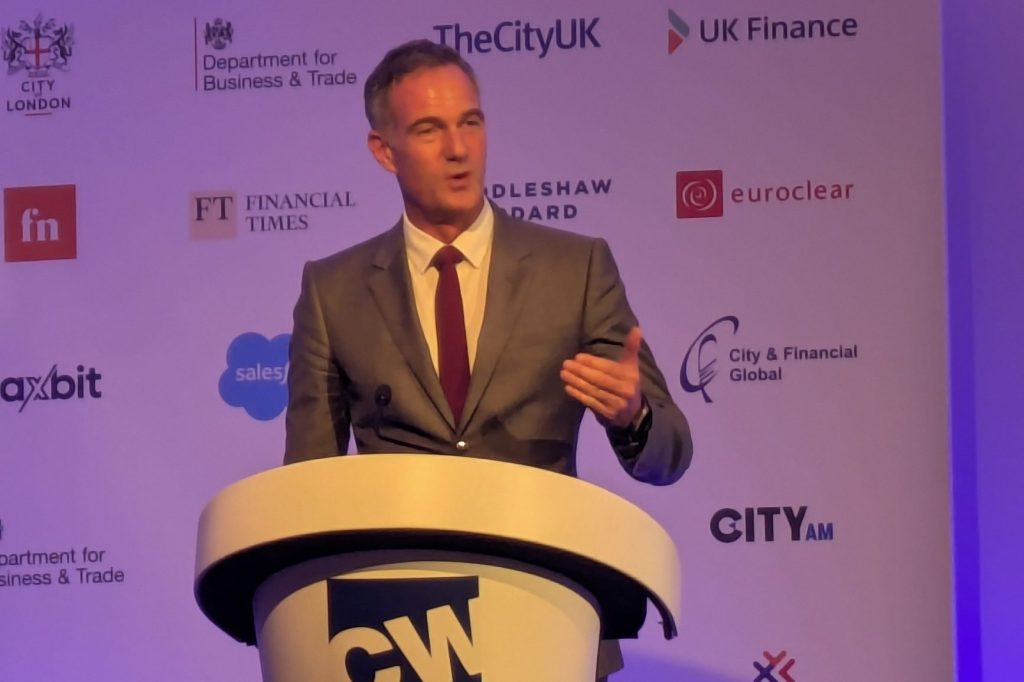Moilanen started by emphasizing the theme of robust enforcement. She encouraged proactive compliance, and she warned that penalty amounts were being recalibrated to ensure that those falling foul of enforcement do not just view fines as a natural cost of doing business.
The SEC views enforcement as a very important tool to tailor to particular situations. The enforcement guidelines are not a secret, and the decision to enforce is tied to punishing misconduct and deterring similar future instances.
The Commission encourages firms investing in the compliance function so that future compliance ends up being less expensive than non-compliance. The speeches made publicly by the SEC need attention as they lay out clearly what is expected in terms of compliance.
Moilanen stressed how seriously the SEC takes the recordkeeping requirements – this is central to its mission. A sweep was conducted, enforcement has seen $1.5 billion in penalties in the last two years, more is required than just having policies in place that demand recordkeeping. If these are not implemented and followed, they are useless.
Engage to be aware
This requires firms educating themselves about the law and external developments in emerging or high-trend risk – which means awareness of what is happening with your peers from a regulatory and compliance perspective. In addition, engagement with internal teams at the firm to raise awareness is an essential supplement to this.
These actions are vital for adapting current policies and procedures appropriately. She emphasized again that proactivity revolves around actual execution which is just as important as the right policies being in place. The outcome is only as good as the implementation.
She touched on self-policing and self-reporting, which are essential components of what the SEC defines as meaningful cooperation. Firms also need to consider conducting preemptive remediation and offering financial analysis, documents and rationales for actions. Other important pieces to provide: disgorgement of ill-gotten gains; interviews with former employees; victim restitution.
Please note that this article is not a comprehensive reproduction of all that was said in this session and is an interpretation of comments made by the regulatory journalist – it has not been officially approved by the speakers or conference organizers.
















